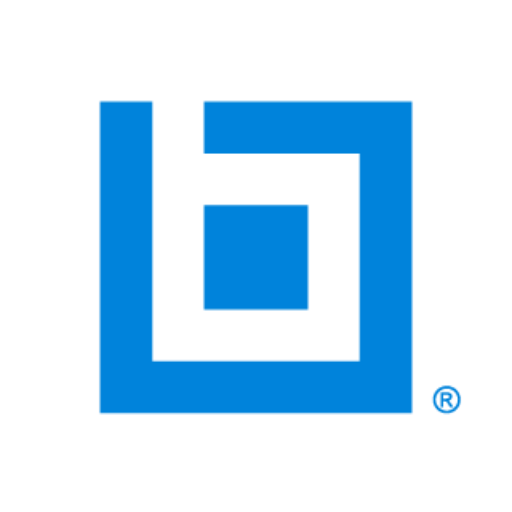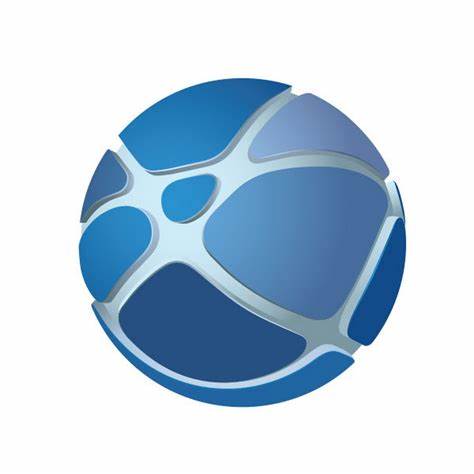Children go through eleven years of grade school and then many go onto college and higher education. They spend their childhood and teenage years in an educational system that prepares them to be an independent adult and a productive member of society. However, many wonder how well our current education system is working. Are students getting the most out of their education? According to Holly Epstein Ojalvo in the New York Times, students are not actually developing the life skills necessary to succeed in life because they are so focused on academic performance and test scores. Additional research shows that 36% of students did not demonstrate any significant improvement in learning during their four years of college (source: Academically Adrift: Limited Learning on College Campuses). What can we do to improve learning effectiveness?
Study Skills
One of the biggest opportunities for improvement is teaching students study skills early on and continue to reiterate them. Many students are not learning effectively because they simply do not know how. For example, students should learn how to plan their studying prior to a big assignment or test, distributing studying across the semester or quarter. Most students end up cramming the night before, leading to poor retention. The Association for Psychological Science conducted an experiment and found that when two study sessions were separated by breaks ranging from five minutes to six months, with a final test given six months later, students did much better if their break lasted at least a month.
Shorter Lessons
Studies show that students learn better and remember more information through small “bite sized” chunks, rather than lengthy lessons. Attention spans are dropping and shorter, targeted lessons helps students focus on key concepts. Concise lessons interspersed with complimentary visuals and activities will keep students more engaged than lengthy, monotonous lessons. A study by Grovo on bite-sized learning found that microlearning finds a more favorable reaction from learners, better learning scores, and better retention scores.
Allow Students to Learn at Their Own Pace
There is a significant range in the amount of time it takes students to learn concepts. Especially in subjects where advanced concepts build on fundamentals, if students do not fully grasp introductory lessons, they will continue to fall further behind. By providing students with resources to review materials as many times as they need to, instructors can set them up for success throughout the semester and onto further years. Diversify There are many types of learners. Some learn through seeing, some through hearing, some through touching, and some through the combination of the three. There are many tools to help diversify the learning experience, including podcasts, online videos, mind maps, and diagrams for students. Including in class demonstrations and other hands-on activities have also proven to be successful in increasing student learning.
Through twelve years (or more) of school, students transform from kids to adults. But the learning doesn’t stop there. The students graduating high school this year will likely be working until 2045 or later. Who knows what new skills they will need to develop in their professional lives? Providing students with foundational knowledge is not enough – we must also teach them how to continue to learn and grow after they leave school.
Sign up for a free SolidProfessor membership today!
























